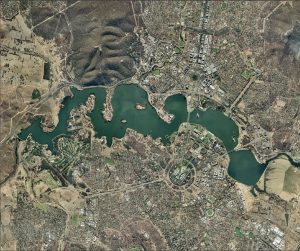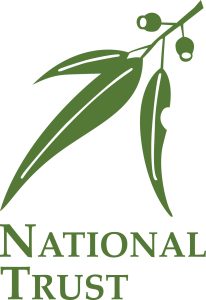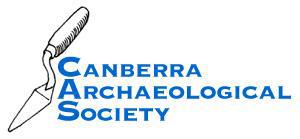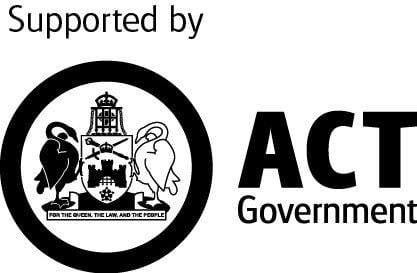Planning for Heritage
Saturday 17 August 2024
Forestry Building (Building 48) ANU
Linnaeus Way, ACTON ACT
PROGRAM
A copy of the full program is here – Final Symposium Program 2024.
PRESENTATIONS DELIVERED
The following presentations delivered at the Symposium are available to view:
- George Cilliers – New ACT planning frameworks & associated referral processes
- Ilse Wurst – The National Capital Authority role in retaining and enhancing Canberra’s character
- Mark Huntersmith – The challenges of protecting our post-war heritage
- Richard Sharp – What lessons in heritage protection should we have learned from practice elsewhere in Australia?
- Rachel Jackson & Anna Leeson – Thematic Study of Mid-Century Modernist Houses in the ACT
- Nick Swain – Heritage and the East Lake Place Plan
- Mark Butz – Missing in Acton: Lessons from the lime kiln
- Anna Howe – Past planning – present heritage: A case study of Hackett as a mid-century modern Canberra suburb
- Chris Mobbs – Trees To Screen A Cemetery

About the Symposium
Change in the built and natural environment is both inevitable and necessary. Factors such as land development, increased housing demand, climate change and regulation of land use, can have a significant impact on heritage values and heritage places and landscapes.
Whilst these drivers can threaten heritage, they also provide opportunities to strengthen it against decay and destruction through restoration and, where relevant, adaptive re-use. Planning policies and processes are vital determinants of our social, economic and environmental fabric and if leveraged effectively can significantly advance heritage
recognition and protections.
We are delighted that our keynote speaker will be Dr James Lesh of Deakin University, author of Values in Cities: Urban Heritage in Twentieth-Century Australia (Routledge 2023).
Join us for the 2024 ACT Region Heritage Symposium to explore the following questions:
• What role does planning have in managing and preserving our cultural heritage?
• In what ways can heritage facilitate positive planning outcomes?
• How can development and conservation partner to enhance our communities?
• How can we facilitate involvement of residents/local communities in planning for heritage?
• How can we ensure that First Peoples history and culture are adequately respected and protected in future planning?
• What lessons in heritage protection should we have learned from practice in the ACT, elsewhere in Australia and overseas?
Acknowledgement
This Symposium is being organised by the National Trust of Australia (ACT), in collaboration with the Canberra and District Historical Society, Canberra Archaelogical Society, and Australia ICOMOS (ACT).

![]()


 This symposium is supported with funding made available by the ACT Government.
This symposium is supported with funding made available by the ACT Government.
